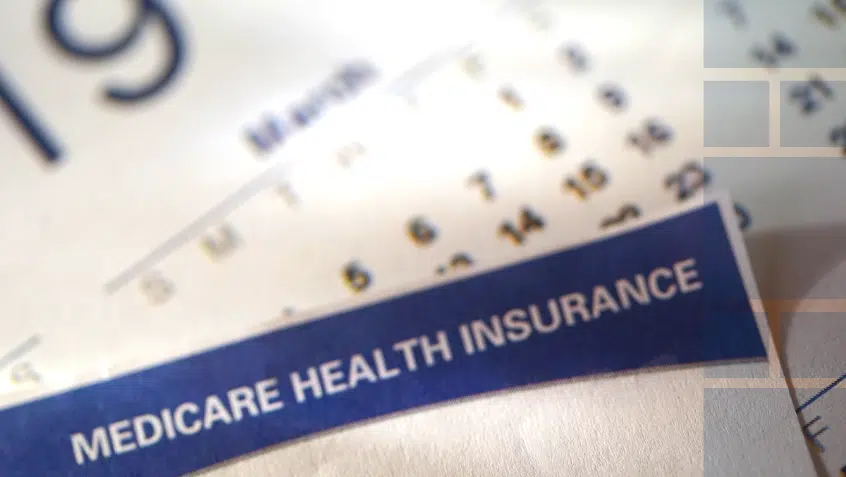Join Us Live for a Discussion on Medicare, Democracy, and the Future of Health Care
Public Supports More Drug Price Regulation, Unaware of Inflation Reduction Act Provisions

As we near the first anniversary of the Inflation Reduction Act (IRA), recent public polling by KFF shows that many adults cannot afford their medications as prescribed, and a large majority say there is not enough regulation of drug pricing and that they do not trust pharmaceutical companies to set fair prices. Despite this interest in drug costs, a majority of adults in the US say they are unaware of the IRA’s major drug provisions.
The polling shows that 28% of adults say it is either “somewhat” or “very” difficult to afford prescriptions. Similarly, 31% say that drug costs have prevented them from taking their medicine as prescribed—either by not filling the prescription or by skipping or reducing dosages. This accords with recent research. One study showed that over 20% of older adults did not take medications as prescribed due to cost. Another showed that many adults have been rationing their insulin by delaying purchase, using lower dosages than prescribed, or not filling prescriptions at all.
According to the survey, a large bipartisan majority (73%) say there is not enough regulation of prescription drug prices. KFF notes that the percentages for both Democrats and Republicans has increased by about 10% since a similar poll in 2021. Across party lines, people largely agree on major factors contributing to high costs. For example, 89% of Republicans, 84% of Democrats, and 78% of Independents say profits made by pharmaceutical companies are a major factor. Research and development costs also score high, with 57% of Republicans, 56% of Independents, and 53% of Democrats flagging them as a major factor.
The IRA took some steps to address these issues for people with Medicare. The law caps monthly insulin costs at $35 per prescription, creates new programs to negotiate the price of some drugs and penalize companies for raising prices faster than inflation, and redesigns Part D prescription drug coverage to include an out-of-pocket cap for enrollees.
The polling shows none of these provisions are widely known. Only a quarter of adults are aware of the provisions on insulin, drug negotiation, or the out-of-pocket cap. The inflation rebate is even less widely known, with only one in ten aware of that provision.
Importantly, the negotiation and out-of-pocket cap provisions are not yet in effect, so Medicare enrollees are not yet seeing their effects. As these programs are implemented, alongside other upcoming IRA changes, there may be more general awareness of the IRA’s impact.
But these polling data show that we cannot stop now. The IRA was a major step forward for people with Medicare. Similar provisions must be made for people outside of Medicare, including those with no insurance coverage, to ensure the health, financial security, and well-being of all.
Show Comments
We welcome thoughtful, respectful discussion on our website. To maintain a safe and constructive environment, comments that include profanity or violent, threatening language will be hidden. We may ban commentors who repeatedly cross these guidelines.
Help Us Protect & Strengthen Medicare
Donate today and make a lasting impact
More than 67 million people rely on Medicare—but many still face barriers to the care they need. With your support, we provide free, unbiased help to people navigating Medicare and work across the country with federal and state advocates to protect Medicare’s future and address the needs of those it serves.
The Latest
Most Read
Add Medicare to Your Inbox
Sign up to receive Medicare news, policy developments, and other useful updates from the Medicare Rights.
View this profile on InstagramMedicare Rights Center (@medicarerights) • Instagram photos and videos









